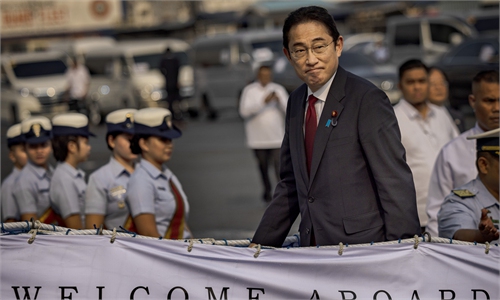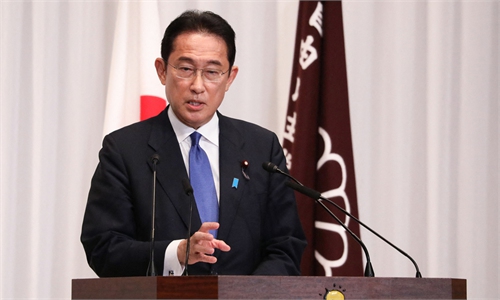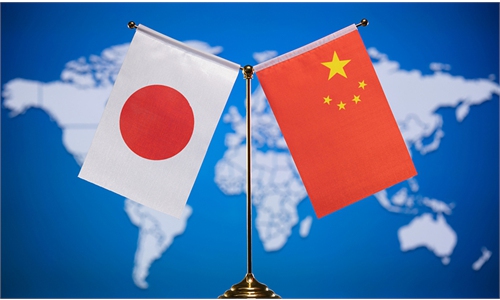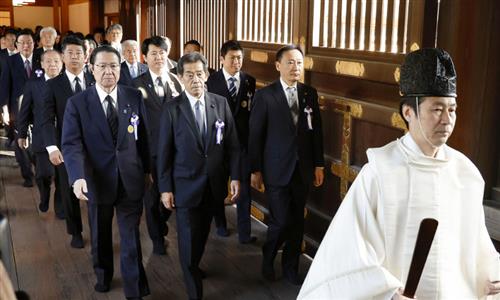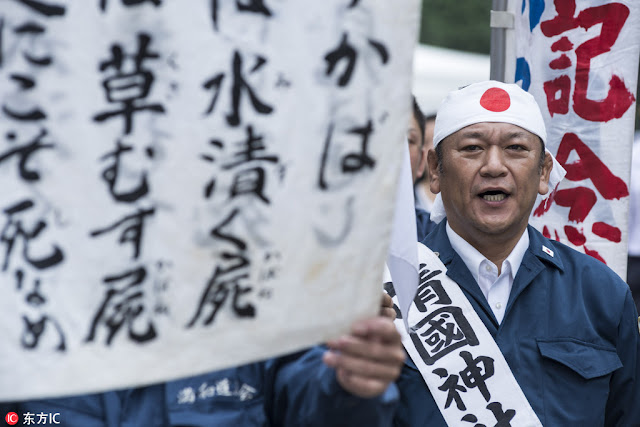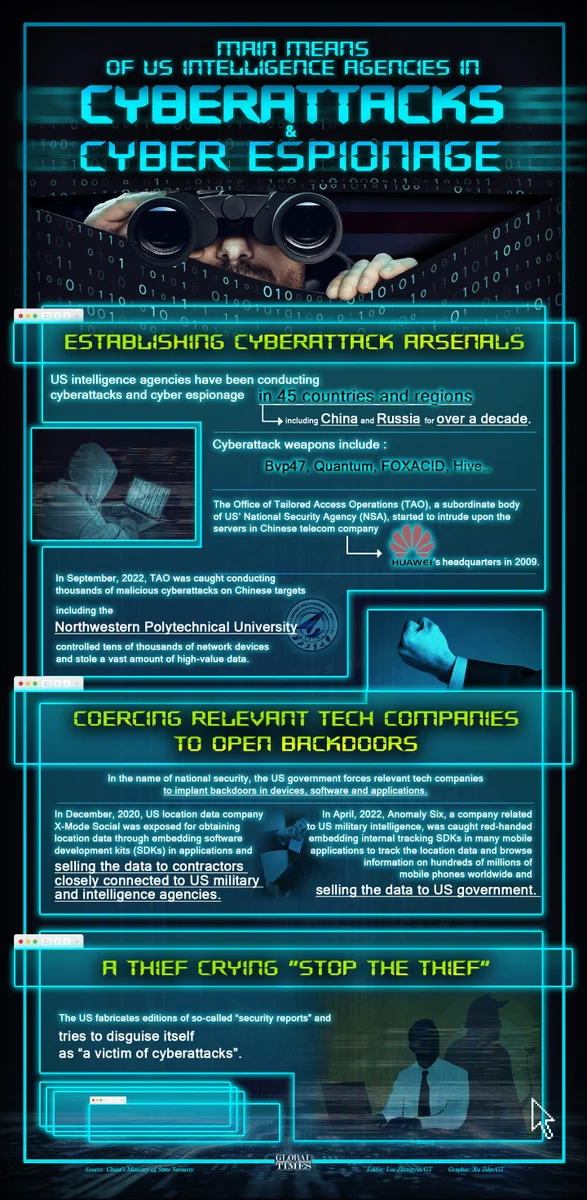

Potentially lifesaving: Being aware of emergency phones along highways and Rest and Service areas can contribute to making journeys safer. — ART CHEN/The Star
PETALING JAYA: With millions travelling on the highways during the festive Hari Raya season, paying attention to the road safety features and tips could help reduce accidents while also saving lives, say road safety experts.
The advice comes as a total of 2,929 road accidents and 53 deaths were recorded in just a day on the eve and first day of Raya on April 9 and 10 respectively.
Road safety expert Assoc Prof Dr Law Teik Hua from Universiti Putra Malaysia said most drivers tend to overlook the important road safety features along the major highways.
“Educating the public about road safety features along highways is crucial, particularly with the expected increase in traffic during the Raya festive period.
“Highlighting lesser-known road safety features, such as emergency phones at intervals along the highway and strategically located Rest and Service Areas (RSA), are essential for enhancing driver awareness and promoting safer journeys,” he said when contacted yesterday.
Other common safety features usually taken for granted by drivers are the lane markings, reflective studs and the Variable Message Signs (VMS) which are strategically located along the highways.
“The VMS provide real-time updates on traffic conditions, accidents and road closures, enabling drivers to make informed decisions and adjust their routes accordingly to avoid potential hazards,” he said.
The lane markings and reflective studs serve as visual cues, especially during night time or bad weather, by helping drivers stay within their lanes while maintaining safe distances from other vehicles, Law added.
While there are currently traffic surveillance cameras to help monitor traffic, he suggested the use of AI-powered analytics and predictive modelling as tools to further enhance road safety along the highways.
Law noted that ultimately, it is raising public awareness among drivers on such road safety features which is crucial.
PLUS Malaysia Bhd (PLUS) expects over two million vehicles to be on major highways during the Raya holidays during peak on April 5, 6, 9, 12, 13 and 14 which is a 15% increase from the usual 1.82 million daily traffic volume.
Highway concessionaire Anih Bhd expects some 1.9 million vehicles to use the KL-Karak (KLK) Expressway and about 882,000 travelling on the East Coast Expressway Phase 1 (LPT1) concessionaire during the festive period.
Some 2.4 million vehicles are expected to travel in and out of Penang over the six-day Raya festive period starting from April 8.
Malaysian Road and Transportation Safety Association president MD Hairolazaman Muhamed Nor said drivers and motorcyclists should be aware of broken down or parked vehicles on emergency lanes or road shoulders on highways.
“Motorists should be on the lookout for such stationary vehicles on highways.
“The driver and passengers of the stalled vehicles should step out quickly and take shelter at a safe spot.
“Preferably, they should be behind the steel safety barriers or railings before seeking help,” he said.
Hairolazaman also said that planning one’s journey could help ease difficulties that might arise during emergencies while on the highway.
Malaysian Institute of Road Safety Research (Miros) chairman Prof Dr Wong Shaw Voon said that some cars nowadays have “eCall” feature which their owners may not be aware of.
“The eCall feature will automatically contact emergency responders in the event of a serious road accident including providing GPS coordinates to emergency services,” he said when contacted.
He added that eCall system would likely become a common added safety feature in cars which could prove helpful in the event of a serious crash.
He also advised drivers of stalled vehicles to move their vehicles to a safe area and stay behind the crash barriers while waiting for help to come.
“Some drivers think they will be safer waiting in their stalled vehicles but it is more dangerous,” he added.
PLUS Malaysia Bhd senior general manager of operations Mohd Yusuf Abd Aziz advised motorists to stay updated on traffic flow and plan their travel schedule using the PLUS smartphone application.
“Travel duration would be longer due during the peak periods due to increased traffic.
“Ensure your vehicles are roadworthy for the travel and pull over at rest areas for a break after every two hours of driving,” added Mohd Yusuf.
Road Safety Experts Association and Safety Driving Centre advisor Datuk Suret Singh said motorcyclists, especially those on smaller machines, and drivers of heavy vehicles such as buses and lorries, should keep to the left lane or slow lane at all times while on the highway.
“Motorcyclists riding at night should don luminous safety vests to stay visible to other motorists or they will be courting disaster,” the former Miros chairman added.





